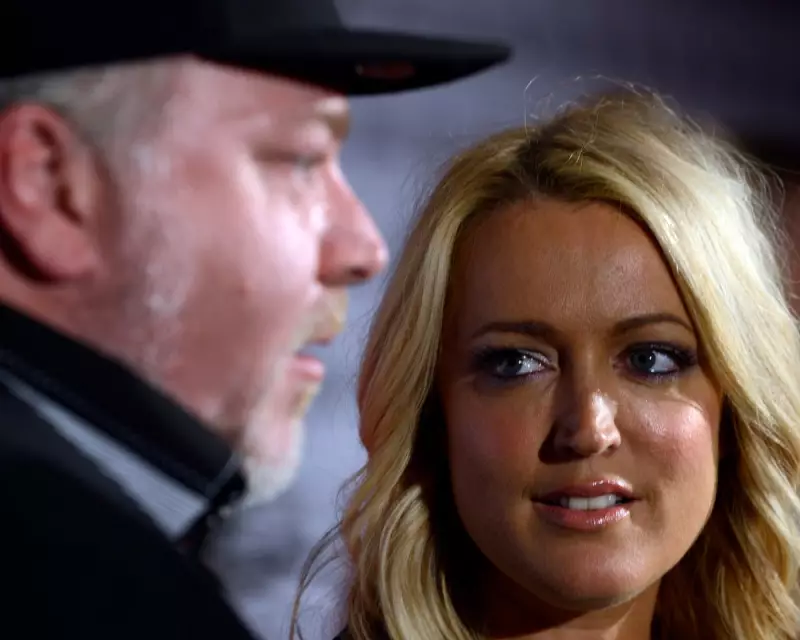
Australian radio personalities Kyle Sandilands and Jackie Henderson, known collectively as Kyle and Jackie O, remain under the shadow of potential contempt proceedings following controversial comments made about accused murderer Erin Patterson.
The Director of Public Prosecutions for Victoria is currently weighing whether to pursue charges against the Sydney-based hosts for their on-air remarks concerning Patterson, who faces three counts of murder and five counts of attempted murder related to a fatal mushroom lunch.
Legal Scrutiny Intensifies
During a recent court hearing, Justice Jane Dixon of the Supreme Court revealed that contempt charges are "under active consideration" by prosecutors. The judge emphasised the seriousness with which potential breaches of court orders are being treated, stating she had referred the matter to the DPP for thorough evaluation.
The controversial segment aired in late September, during which the hosts discussed aspects of Patterson's case that legal experts suggest could potentially prejudice ongoing proceedings.
Court's Firm Stance on Media Conduct
Justice Dixon made the court's position clear, noting she had "made some inquiries" about the radio comments and confirmed the matter was with the DPP. Her statements underscore the judiciary's commitment to maintaining the integrity of legal processes against potentially prejudicial media coverage.
The case highlights the ongoing tension between media freedom and the right to a fair trial, particularly in high-profile criminal matters that capture public attention.
Background of the Patterson Case
Erin Patterson pleaded not guilty in August to all charges relating to the July 2023 incident where three people died after consuming a beef Wellington meal allegedly containing poisonous mushrooms. The case has generated significant media interest both in Australia and internationally.
Legal representatives for both the broadcasters and Patterson declined to comment on the potential contempt proceedings when approached by media outlets.
The development serves as a stark reminder to media organisations about the legal boundaries surrounding commentary on active court cases and the potential consequences of overstepping those boundaries.





